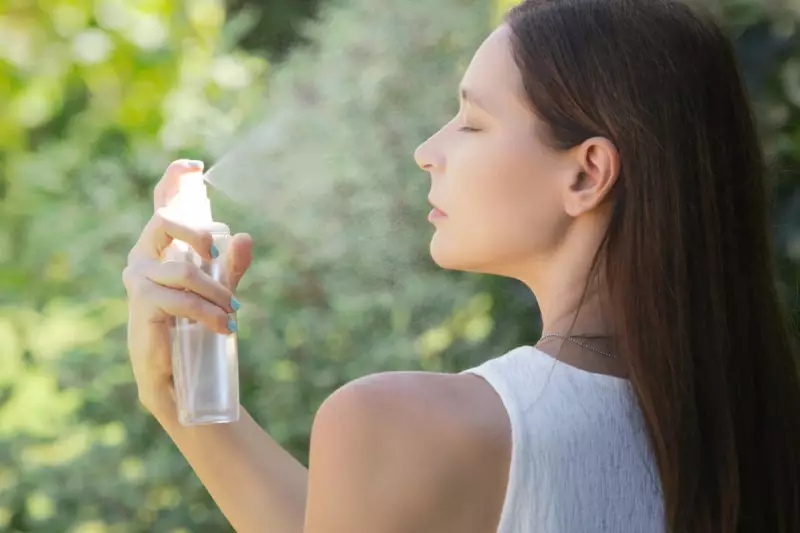
Move over hyaluronic acid and retinol – there’s a new skincare hero in town, and dermatologists can’t stop raving about it. Hypochlorous acid, a naturally occurring compound in the human body, is gaining traction as a powerhouse ingredient for treating acne, eczema, and even signs of ageing.
What Exactly Is Hypochlorous Acid?
Produced by white blood cells to fight infection, hypochlorous acid (HOCl) is a gentle yet potent antimicrobial and anti-inflammatory agent. Unlike harsh chemical treatments, it works with your skin’s biology to soothe irritation and accelerate healing.
Why Dermatologists Are Obsessed
- Acne Annihilator: Kills acne-causing bacteria without drying out skin.
- Eczema Relief: Reduces inflammation and itchiness in sensitive skin.
- Anti-Ageing Benefits: Neutralises free radicals that contribute to wrinkles.
- Post-Procedure Perfection: Clinics use it to calm skin after lasers or peels.
How to Use It in Your Routine
Available in sprays, mists, and serums, HOCl is ideal for:
- Spritzing on breakouts as a spot treatment.
- Misting over makeup to refresh skin midday.
- Applying post-cleansing before moisturiser.
“It’s rare to find an ingredient this effective that’s also suitable for rosacea and post-procedure skin,” says Dr. Sarah Jones, a London-based cosmetic dermatologist. “The science is undeniable.”
The Future of Skincare?
With clinical studies showing its efficacy against antibiotic-resistant bacteria, hypochlorous acid isn’t just a trend – it’s a glimpse into the future of microbiome-friendly skincare. As research grows, expect to see it in everything from cleansers to wound care.





